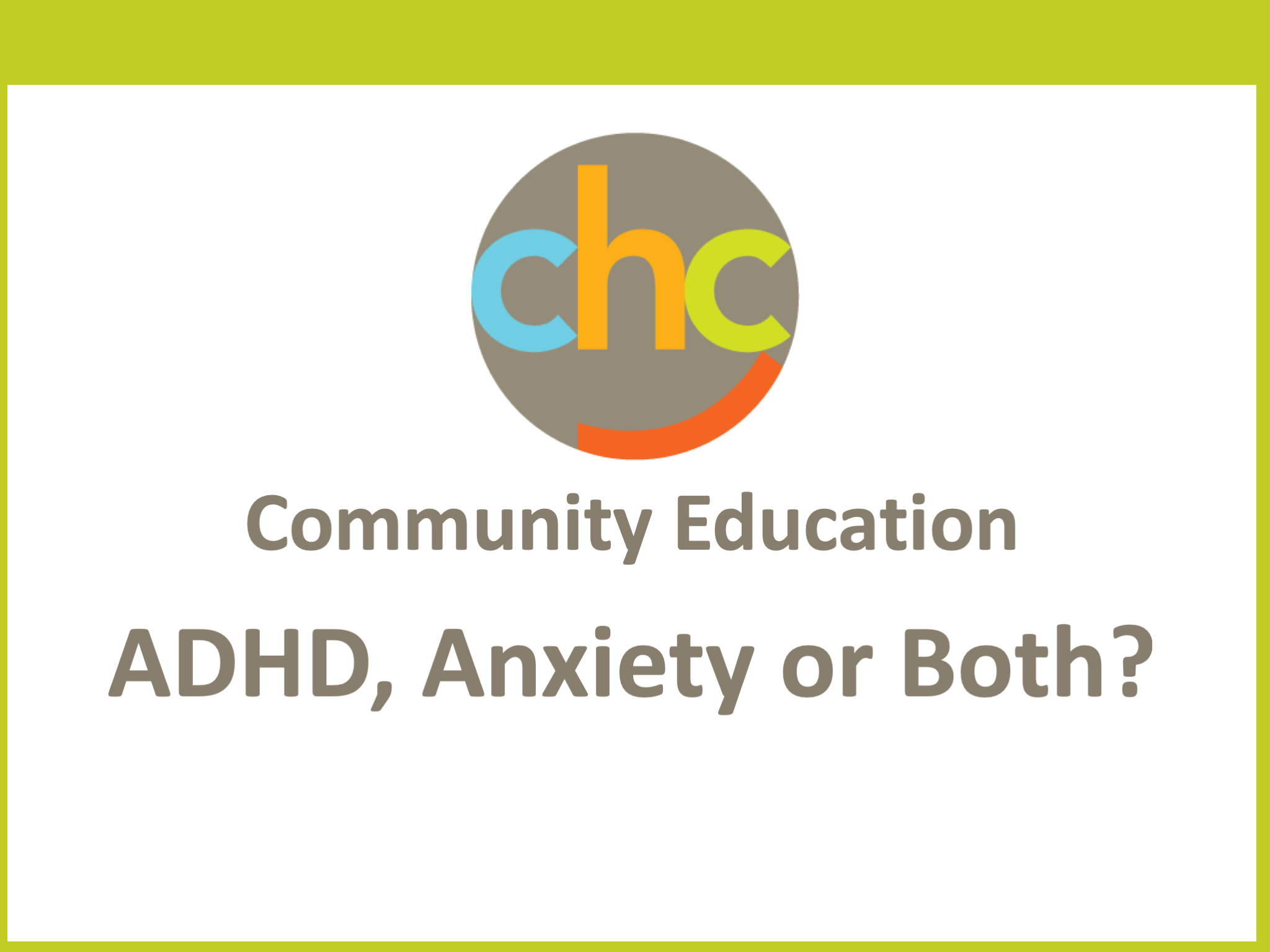CHC Recommends — Books About ADHD
 Glen R. Elliott, PhD, MD gives regular presentations throughout the Bay Area on topics related to medication use for behavioral and psychiatric problems in children and adolescents.
Glen R. Elliott, PhD, MD gives regular presentations throughout the Bay Area on topics related to medication use for behavioral and psychiatric problems in children and adolescents.
Dr. Elliott recommends the following books for those who are seeking information and support for ADHD. Read more ›

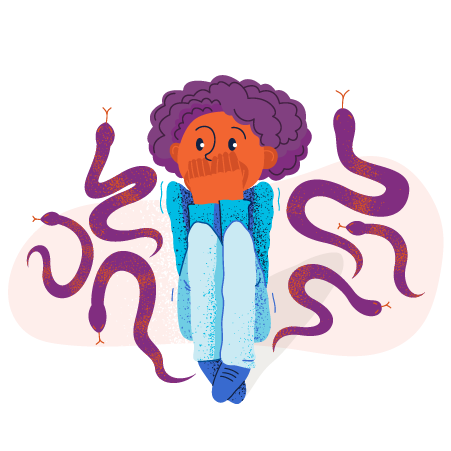

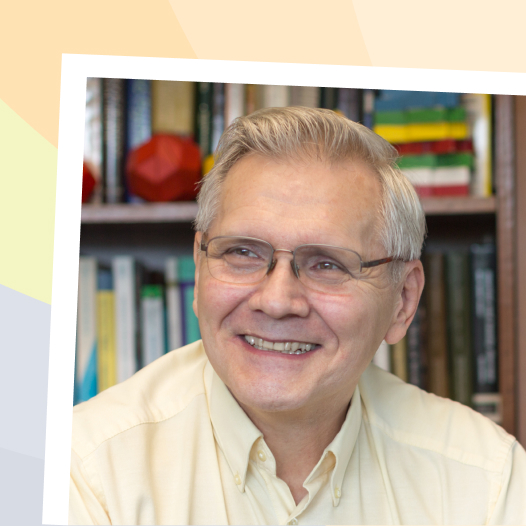 Young children typically experience some degree of fear — of separation, the dark, strangers, loud noises and new experiences. But how do we know when it’s something more and prevent these fears from interfering with our children’s daily lives?
Young children typically experience some degree of fear — of separation, the dark, strangers, loud noises and new experiences. But how do we know when it’s something more and prevent these fears from interfering with our children’s daily lives? 
 Your child has just been diagnosed with ADHD…now what? Part of you might feel relieved that there’s an explanation for your child’s behavior, while another might feel overwhelmed by the prospect of parenting a child with attention challenges. How can you best equip your child for happiness and success?
Your child has just been diagnosed with ADHD…now what? Part of you might feel relieved that there’s an explanation for your child’s behavior, while another might feel overwhelmed by the prospect of parenting a child with attention challenges. How can you best equip your child for happiness and success? 

 COVID has left us sheltered-in-place, second-guessing every decision, cut off from friends and family, with plans completely out of our control for nearly a year. We’re exhausted, anxious, depressed, lonely and exasperated. Our kids slump over their screens while teachers bend over backwards to keep them educated and engaged. Our weekend calendars stare back at us, blankly. But now there is hope. As vaccines make their way into the world, we can start to imagine a life beyond our 6-foot radius.
COVID has left us sheltered-in-place, second-guessing every decision, cut off from friends and family, with plans completely out of our control for nearly a year. We’re exhausted, anxious, depressed, lonely and exasperated. Our kids slump over their screens while teachers bend over backwards to keep them educated and engaged. Our weekend calendars stare back at us, blankly. But now there is hope. As vaccines make their way into the world, we can start to imagine a life beyond our 6-foot radius. 
 Distance learning is a challenge for us all, especially those with learning and attention issues. In this Voices of Compassion podcast episode, we continue our conversation with CHC’s Chief Psychiatrist and Medical Director Dr. Glen Elliott to learn strategies to help kids with ADHD mitigate distractions and maximize the motivation to learn.
Distance learning is a challenge for us all, especially those with learning and attention issues. In this Voices of Compassion podcast episode, we continue our conversation with CHC’s Chief Psychiatrist and Medical Director Dr. Glen Elliott to learn strategies to help kids with ADHD mitigate distractions and maximize the motivation to learn. 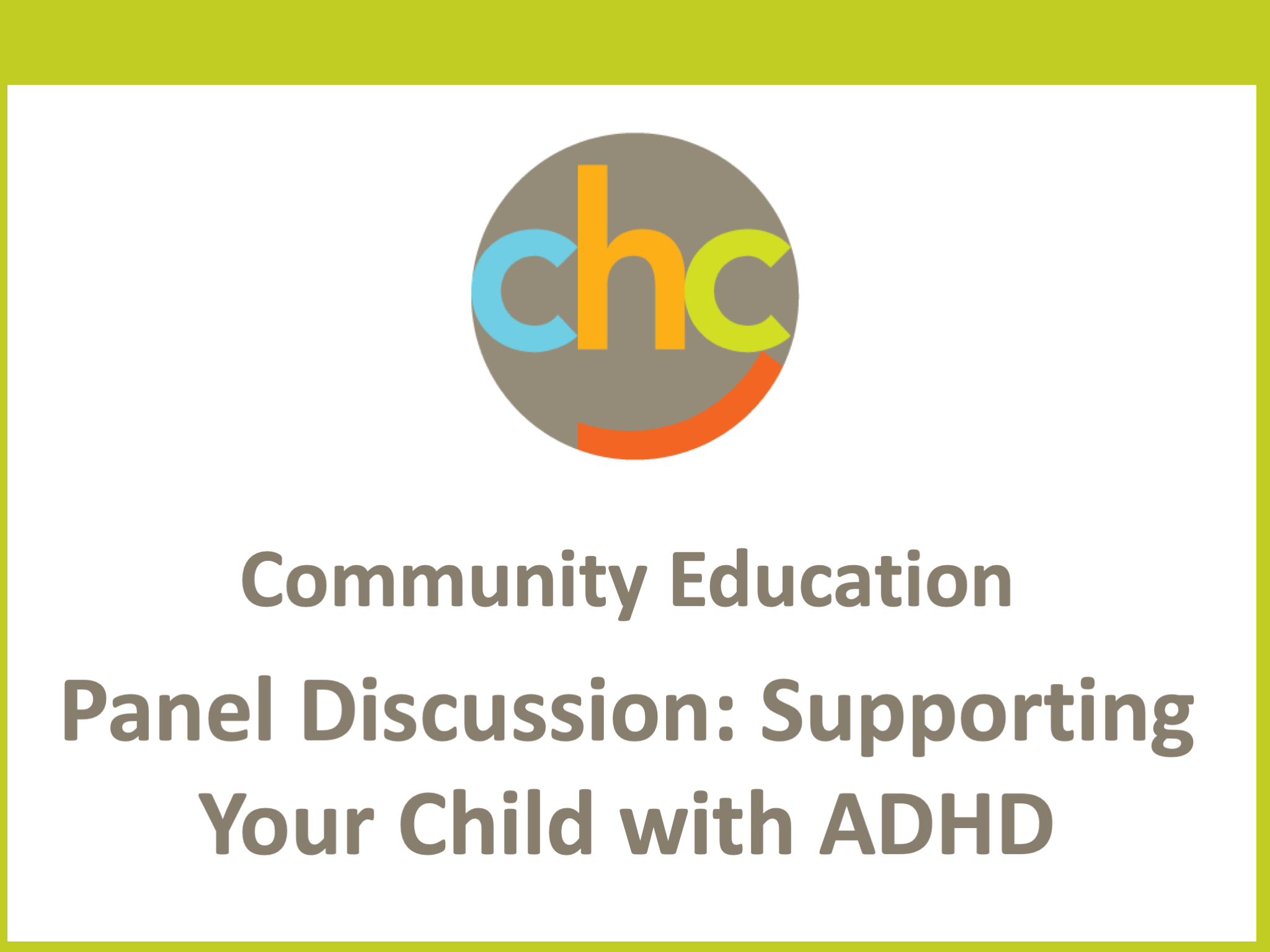

 Parenting a child with ADHD has its challenges. This panel discussion is about ADHD and strategies and ways to support your child from three different perspectives–Glen Elliott, PhD, MD, Chief Psychiatrist and Medical Director at CHC, Kendra Fraka, MSW, clinician at CHC and Lauren Sims, parent.
Parenting a child with ADHD has its challenges. This panel discussion is about ADHD and strategies and ways to support your child from three different perspectives–Glen Elliott, PhD, MD, Chief Psychiatrist and Medical Director at CHC, Kendra Fraka, MSW, clinician at CHC and Lauren Sims, parent. 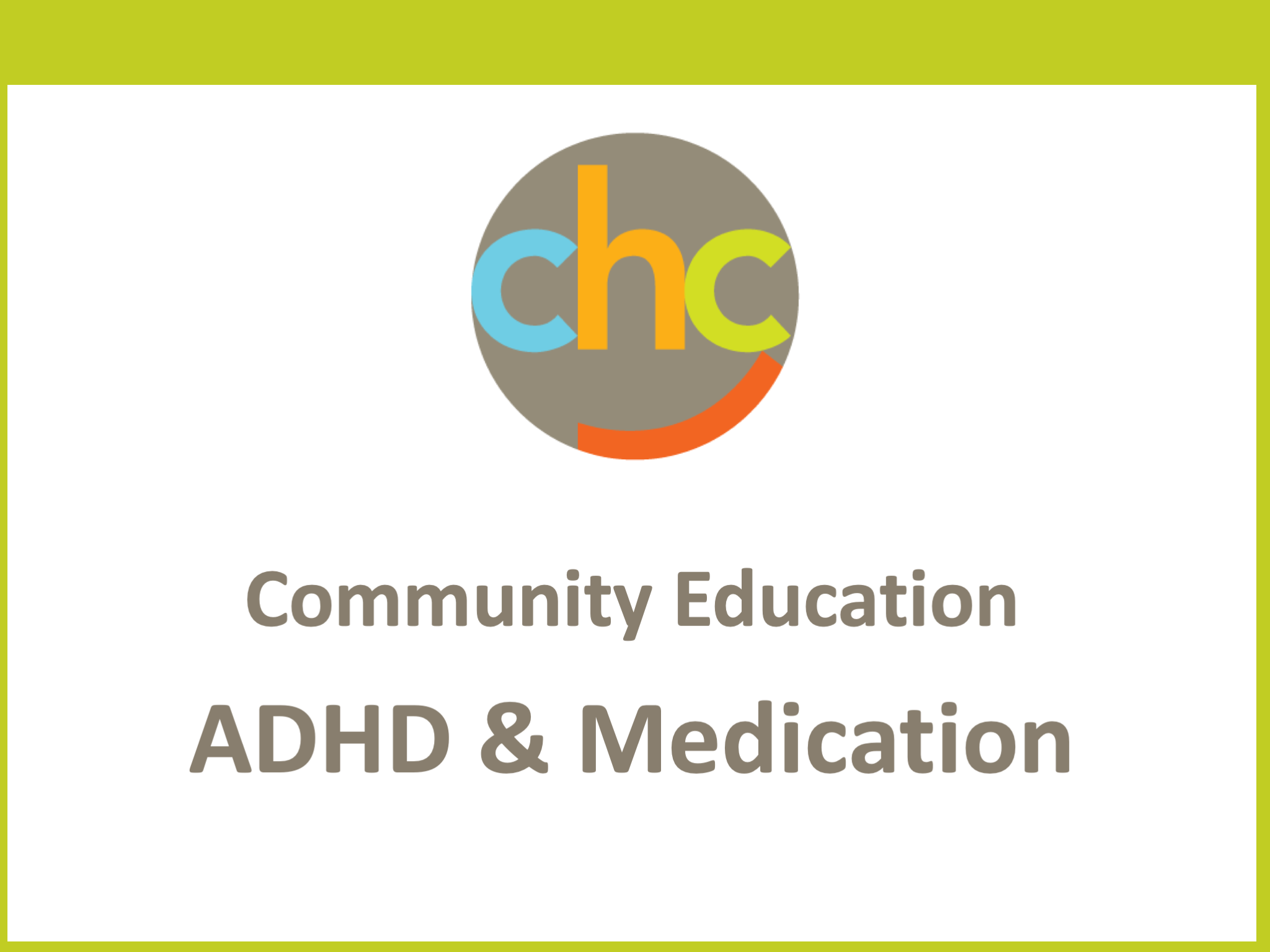
 If your child has ADHD, you know that there are a variety of interventions, including medication. This class focused on medication as a treatment option. Hear from ADHD expert and psychiatrist, Dr. Glen Elliott about medications and guidelines for using medication as a treatment for ADHD.
If your child has ADHD, you know that there are a variety of interventions, including medication. This class focused on medication as a treatment option. Hear from ADHD expert and psychiatrist, Dr. Glen Elliott about medications and guidelines for using medication as a treatment for ADHD. 